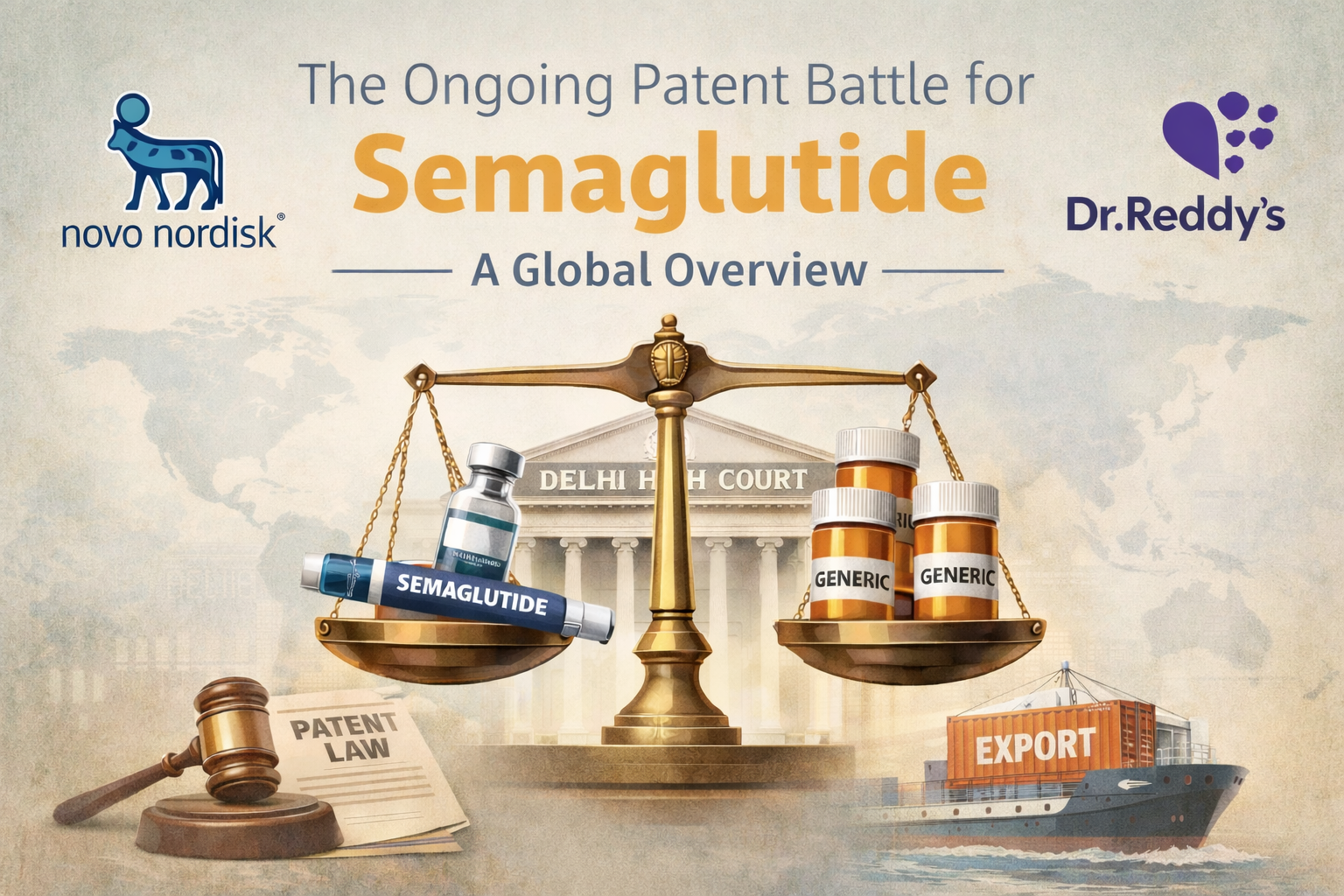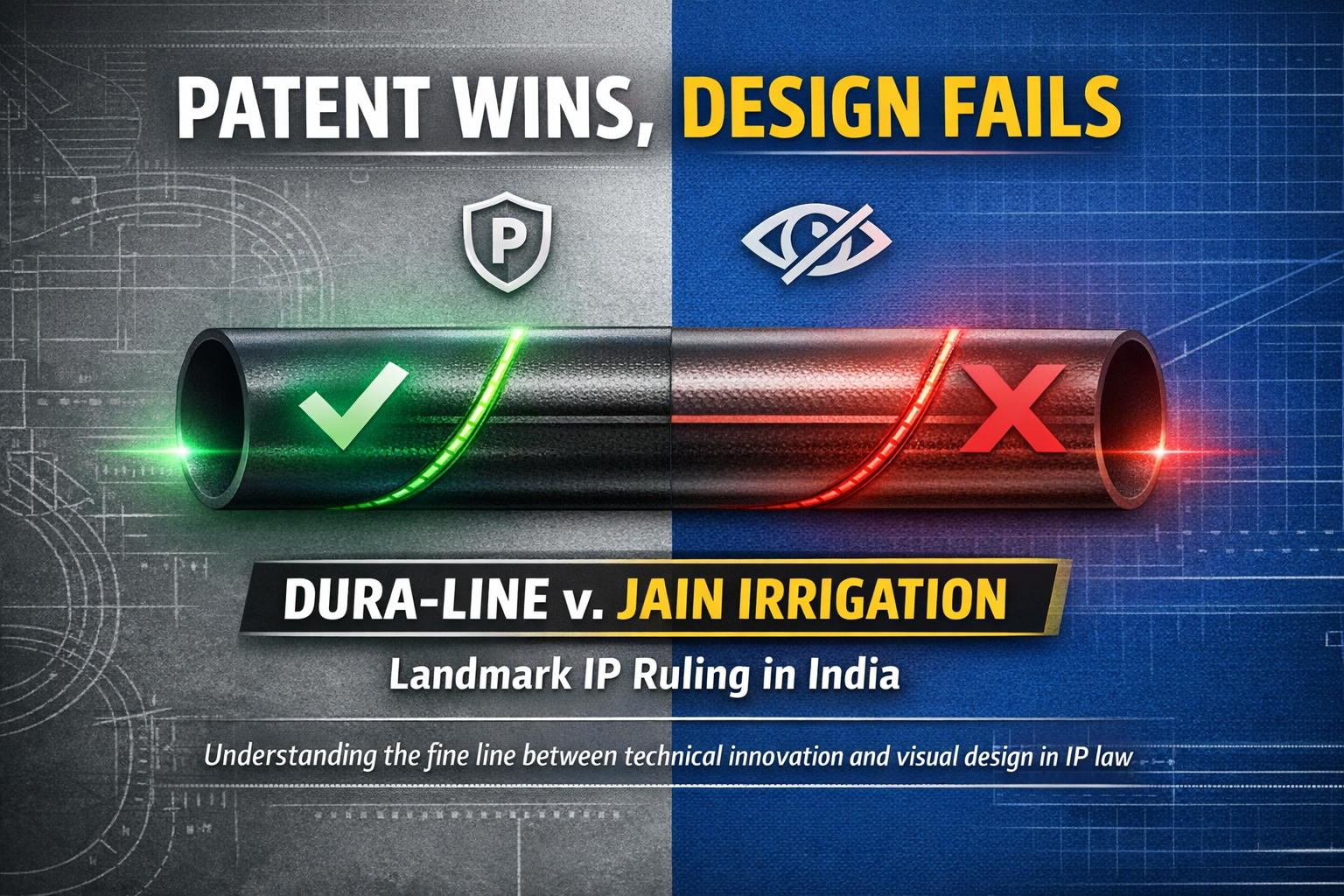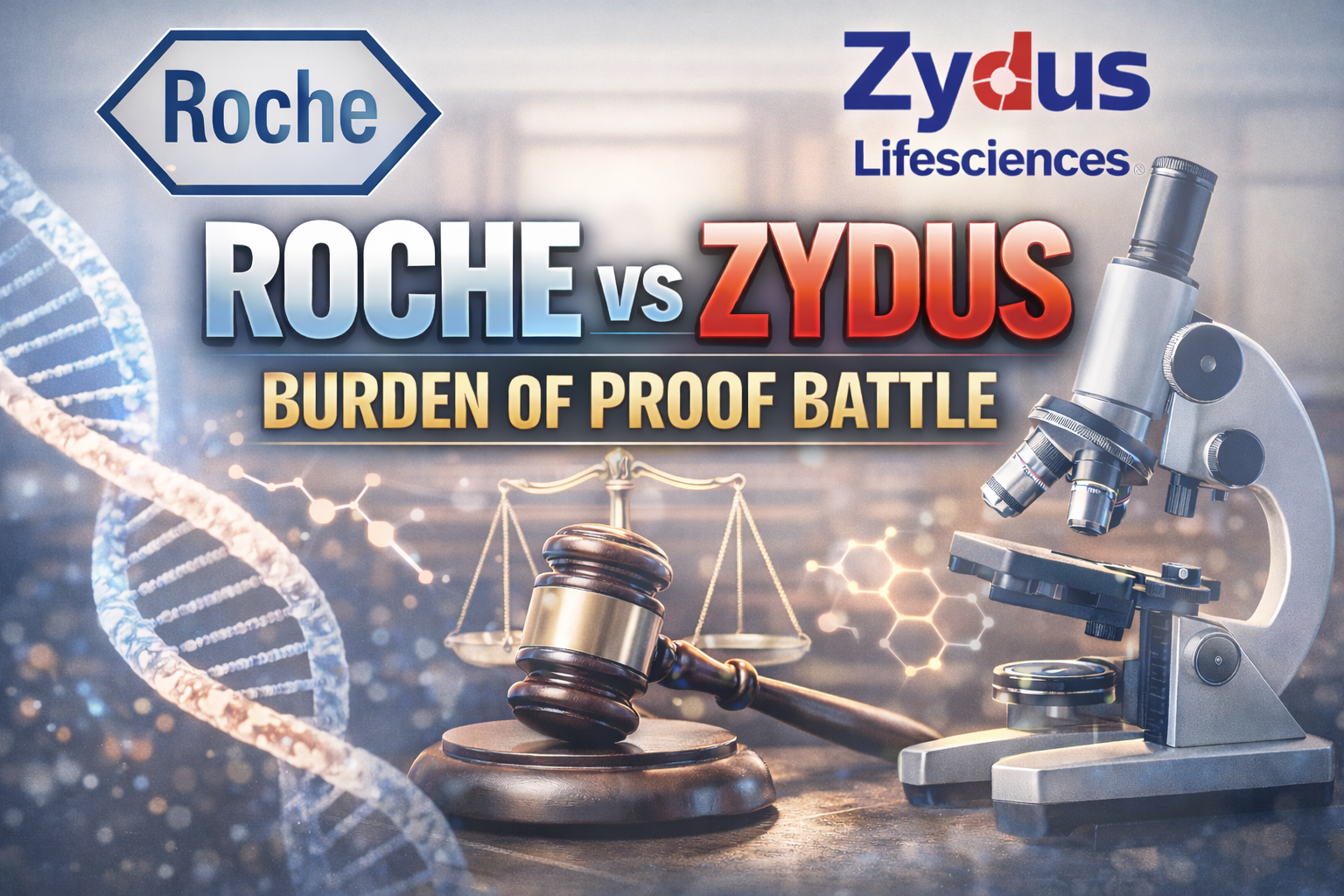
In today’s digital age, websites are not just online business tools; they are valuable intellectual property (IP). Whether you’re a blogger, an e-commerce site owner, or a service provider, your website contains creative and original content, audio, video, designs, and technologies that deserve legal protection. That’s where Intellectual Property Rights (IPR) come into play. One common way to ensure that your content is legally protected is by adding the phrase “All Rights Reserved” to your website. But why is this important? And what exactly are IPR rights in the context of website protection?
What Are Intellectual Property Rights (IPR)?
Intellectual Property Rights (IPR) are legal protections given to creators, inventors, and businesses to safeguard their creations or innovations. For website owners, IPR could apply to a range of digital assets such as text, images, graphics, logos, videos, software, and even the website design itself. These rights are crucial in protecting the owner’s content from unauthorized use, copying, or distribution.
IPR falls under several categories, and each one plays a role in the protection of a website. Let’s break down the key types of IPR that affect website owners:
- Copyright
Copyright is one of the most important aspects of website protection. It grants website owners exclusive rights over their original works, such as written content, graphics, images, videos, code, and even sound recordings. Copyright protection exists automatically when a work is created and fixed in a tangible medium (such as being uploaded to a website). However, while the protection is automatic, registering the work with a relevant government authority provides stronger legal backing if you need to enforce your rights.
Key aspects of copyright protection:
- Reproduction: Prevents others from copying your content.
- Distribution: Stops unauthorized copying or selling of your content.
- Public display: Prevents unauthorized public access to your content.
- Derivative works: Stops others from creating adaptations or modifications of your content.
- Trademark
A trademark is a symbol, word, logo, or design that represents your brand. For websites, this typically includes the name of the website, its logo, and any other distinguishing elements that set it apart from competitors. Registering a trademark helps prevent others from using a similar name or logo that could confuse consumers or harm your brand’s reputation.
Key aspects of trademark protection:
- Protects your brand’s identity.
- Stops others from using similar logos, names, or phrases that could cause confusion.
- Allows you to take legal action against infringers.
- Trade Secrets
Websites may also have proprietary information that is not publicly disclosed but is essential for their operation or competitive advantage. This could include unique algorithms, business processes, customer lists, or source code. Trade secrets are protected as long as the information remains confidential.
Key aspects of trade secret protection:
- Protects confidential business processes, strategies, or algorithms.
- Prevents others from using or disclosing your secret information without permission.
Why Add “All Rights Reserved”
One of the simplest, yet effective, ways to safeguard your website’s content is by including the phrase “All Rights Reserved.” This statement has significant legal implications and serves as an important notice to anyone who might want to use your website’s content. While copyright protection exists from the moment you create original content, explicitly stating “All Rights Reserved” acts as a reminder that you are asserting full control over the use of your intellectual property.
Here’s a closer look at the importance of using “All Rights Reserved”:
- Clear Legal Notice
When you include “All Rights Reserved” on your website, you are giving a clear and explicit legal notice to others that the content and materials on your site are protected by copyright and cannot be used without permission. It serves as a declaration of ownership and establishes that the content is not public domain.
- Prevents Unauthorized Use
While copyright protection is automatic, some individuals or businesses may not be aware of your rights unless you make it clear. The “All Rights Reserved” notice acts as a deterrent to unauthorized use, reproduction, or distribution of your content. It tells others that they cannot use your website materials without obtaining explicit permission from you.
- Helps in Legal Enforcement
If someone infringes upon your intellectual property rights, having “All Rights Reserved” on your site provides evidence that you have asserted ownership of the content. It can also be helpful if you need to take legal action to resolve an infringement, as it shows that you made your ownership clear to the public.
- Establishes Ownership
The phrase serves as a reminder that the website owner holds full rights to the content, which can be important when it comes to disputes over ownership. It’s especially helpful in cases where you may need to prove that the website’s content was created by you and that it is legally protected under copyright law.
- Deterrent for Misuse
Simply placing “All Rights Reserved” on your website can help reduce the chances of others misusing your intellectual property. People are less likely to copy or reuse content when they see that it is explicitly protected.
- Automatic Copyright
While you automatically have copyright over your original content as soon as it is created, including the phrase “All Rights Reserved” further reinforces the idea that your content is protected. It signifies to others that the content is not for free use and cannot be copied or distributed without your consent.
Does “All Rights Reserved” Guarantee Full Protection?
The short answer is no—merely adding “All Rights Reserved” doesn’t guarantee absolute protection of your intellectual property. While it makes your claim of ownership clearer, copyright laws in most countries automatically grant protection once the work is created, even without a notice. However, placing “All Rights Reserved” on your website can be valuable for the following reasons:
- Public Notice: It informs others that you claim full ownership and restrict the use of your work.
- Evidence of Ownership: It can serve as helpful evidence if you need to prove your claim in a legal dispute.
For additional protection, you may want to register your copyrights or trademarks with the relevant authorities. Registration provides legal benefits, such as the ability to sue for statutory damages and attorney fees in case of infringement, as well as making it easier to prove ownership.
Conclusion
Intellectual property is a vital asset in today’s online world. Your website likely contains valuable content, design, branding, and even innovative technologies that need protection. Intellectual Property Rights (IPR) safeguard your creativity and innovation from being misused by others, and including the phrase “All Rights Reserved” is a simple yet effective way to assert that protection.
By understanding and properly managing your intellectual property, you ensure that your website and its contents remain under your control, reducing the risk of infringement and misuse. Whether you’re a content creator, a business owner, or a web developer, protecting your website through IPR rights is essential for maintaining its integrity and maximizing its value in the digital space.




Leave a Reply